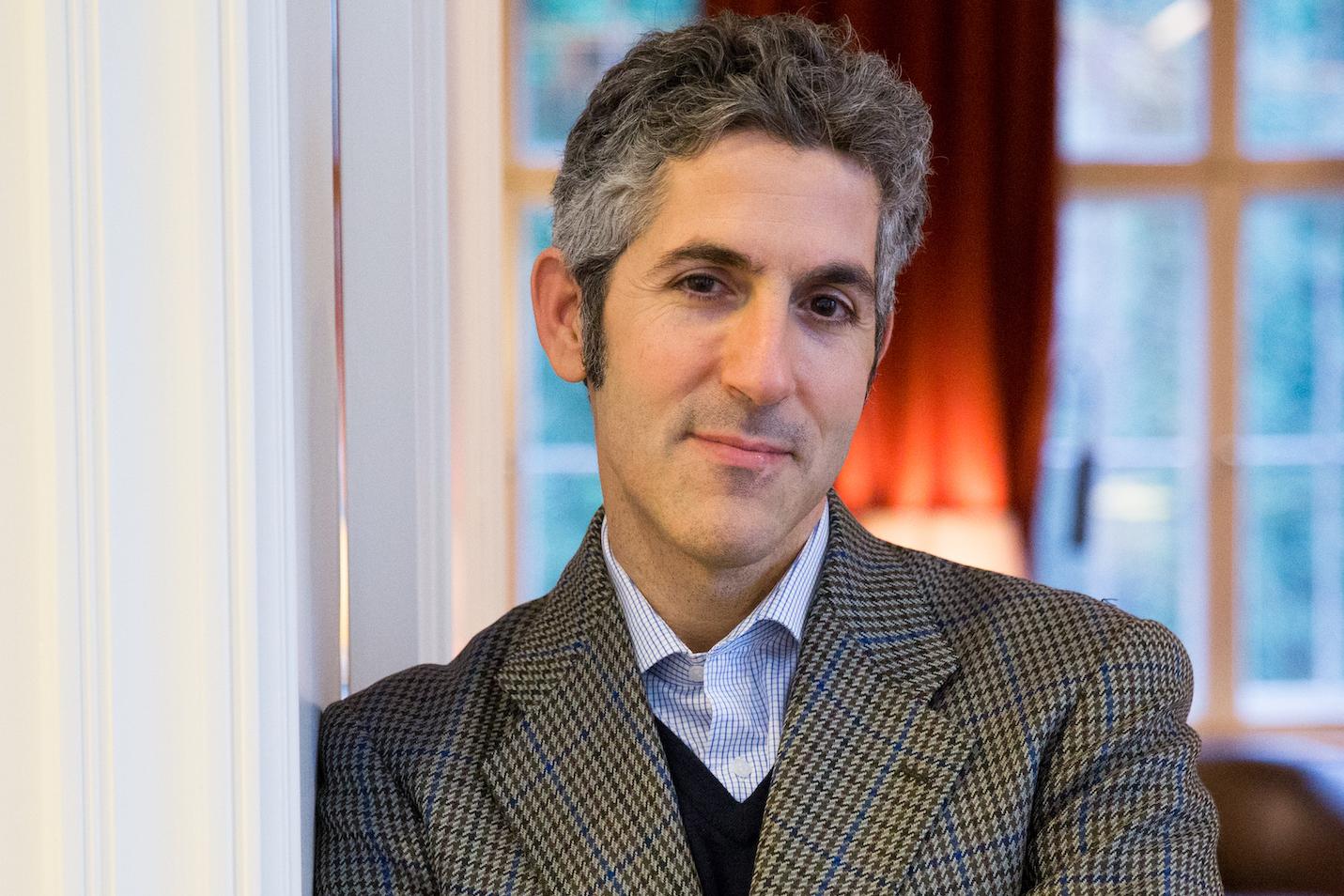The Baha’i Faith, with its rich tapestry of doctrines and universal principles, emerges as a pivotal force in fostering interreligious dialogue and coexistence within the Arab world. In an era marked by sectarian strife and polarizing ideologies, the Baha’i teachings advocate for the reconciliation of differing beliefs through the cultivation of unity and mutual respect. This article aims to delineate the various dimensions of Baha’i teachings that serve as a harbinger of a new wave of religious coexistence in the Arab region.
At the crux of Baha’i philosophy is the notion of the oneness of humanity. This profound principle asserts that all human beings, irrespective of their diverse backgrounds and faiths, share a singular, intrinsic connection. This doctrine serves as a clarion call for dismantling the barriers that have historically divided communities. Within the Arab world, where religious and ethnic identities have often led to conflict, the Baha’i teachings advocate for a holistic worldview wherein the acknowledgment of shared humanity transcends sectarian divides. The promotion of this tenet engenders an environment conducive to constructive engagement and collaborative efforts among varied religious groups.
Moreover, the Baha’i Faith espouses the doctrine of progressive revelation, suggesting that divine guidance has unfolded over time through different prophets. Such a perspective encourages an appreciation of the legitimacy of all major world religions, including Islam, Christianity, and Judaism, as integral components of humanity’s spiritual evolution. By recognizing the value in each faith tradition, Baha’is cultivate a spirit of tolerance and inclusiveness, which is particularly salient in the multifaceted sociocultural landscape of the Arab world.
In addition to promoting interreligious respect, the Baha’i teachings underscore the importance of education as a key instrument for fostering coexistence. The Baha’i community places immense emphasis on education as a means to eradicate ignorance and prejudice, which are often the root causes of conflict. By advocating for universal education—accessible to all genders and social classes—the Baha’i Faith not only empowers individuals with knowledge but also cultivates a collective sense of responsibility toward societal harmony. This educational paradigm aligns well with contemporary initiatives aimed at enhancing interfaith understanding across diverse populations in the Arab region.
Furthermore, the Baha’i approach to social and economic development serves as a model for cooperative engagement among various faith communities. Baha’is actively participate in grassroots development projects that seek to alleviate poverty, provide health care, and promote sustainable livelihoods. By involving individuals from different religious backgrounds in collaborative ventures aimed at community betterment, these initiatives embody the practical application of Baha’i principles. Collaborative projects signify that coexistence is not merely an ideal but a lived reality that can be achieved through joint efforts.
Additionally, the Baha’i principle of consultation provides a robust framework for addressing conflict and fostering harmonious relationships among differing factions. This method, characterized by open dialogue and cooperative decision-making, is essential in environments fraught with discord. In the Arab world, where historical grievances and power struggles have often impeded progress, adopting a consultative approach can offer a pathway toward resolving disputes amicably. The emphasis on listening, sharing perspectives, and reaching consensus aligns with the Baha’i goal of nurturing unity in diversity.
An essential aspect underpinning the Baha’i vision for coexistence is the emphasis on moral teachings that foster ethical behavior rooted in a sense of justice and equity. Baha’is advocate for the establishment of a just social order that upholds the rights of all individuals, irrespective of their faith, ethnicity, or social status. This commitment to justice resonates with the core Islamic teachings that espouse fairness and accountability. By aligning Baha’i moral principles with the ethical tenets found in other major religions, a foundation for cooperative endeavor emerges, further bridging gaps in understanding among communities.
It is also crucial to consider the role of art and culture in promoting religious coexistence. The Baha’i community often engages in artistic expressions that celebrate diversity and foster unity. Cultural festivals, interfaith dialogues, and artistic collaborations exemplify the potential for cultural exchange to illuminate the commonalities shared among different faiths. These initiatives not only enrich the cultural tapestry of the Arab world but also promote a narrative of coexistence that counters the prevailing discourses of division.
Lastly, as the Arab world navigates the complexities of modernity, the Baha’i emphasis on the interdependence of science and religion provides a vital perspective. The Baha’i teachings advocate for a harmonious relationship between spiritual principles and scientific inquiry, positing that both realms can contribute to societal advancement. In a region where religious interpretations and scientific advancements often appear at odds, the Baha’i perspective offers a pathway for reconciliation, enabling a dialogue that respects both spiritual heritage and contemporary scientific thought.
In conclusion, the Baha’i teachings represent not merely an individual faith but a comprehensive framework that advocates for a transformative approach to religious coexistence in the Arab world. By positing principles grounded in the oneness of humanity, progressive revelation, education, consultation, justice, and collaborative cultural expression, this faith emerges as a beacon of hope amidst a landscape marked by conflict. As communities seek to foster understanding and cooperation, the lessons derived from Baha’i teachings may well pave the way for a new epoch of coexistence, where diverse beliefs are not only tolerated but celebrated as integral threads in the rich tapestry of human experience.
